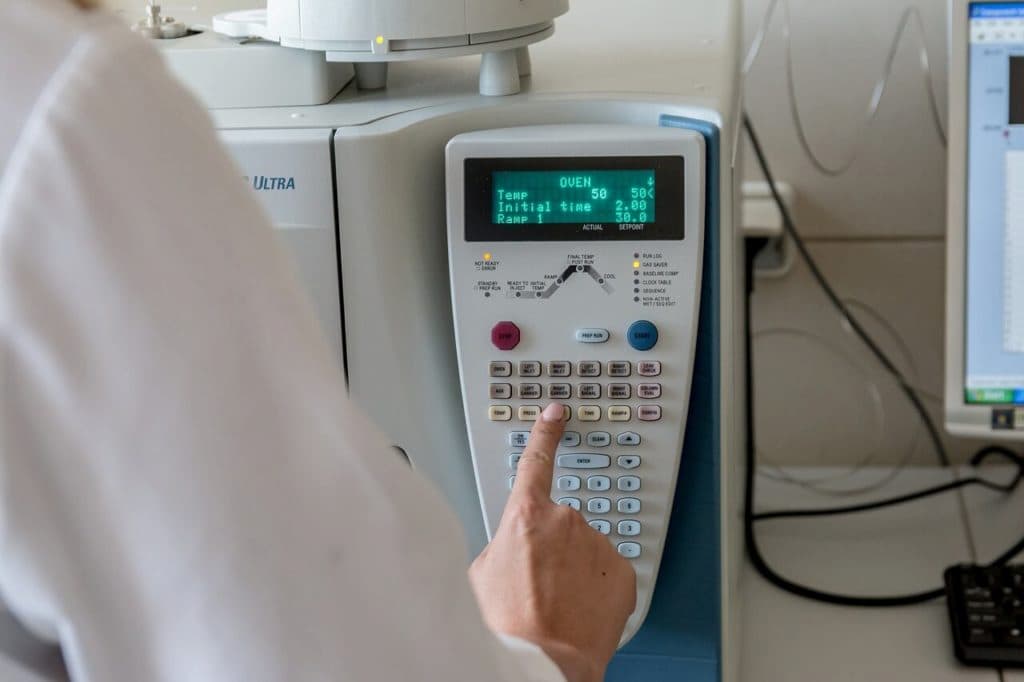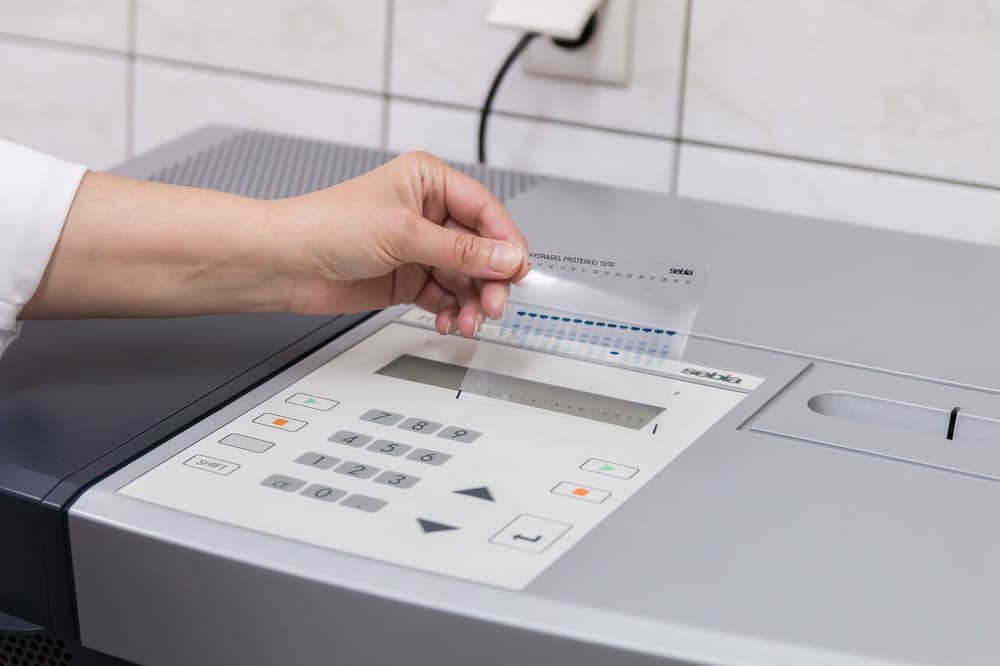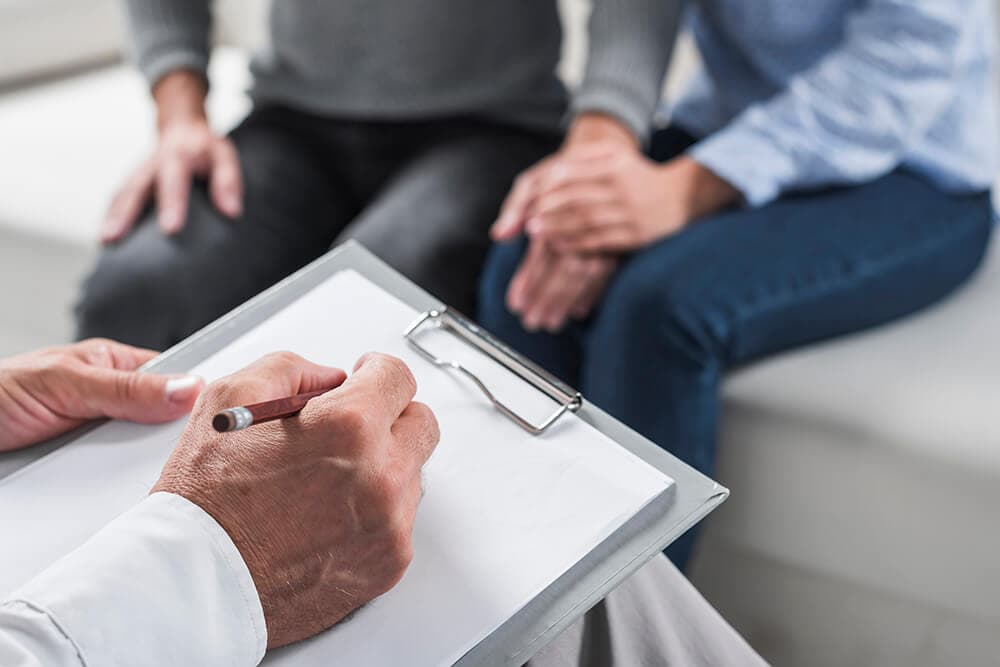Treatment of mental addiction is a compulsory step and belongs to the harder part of treatment …
- About Us
- Clinic
- ProcedureDisplay client’s services
- Psychological Disorders
- Treatments
- Regenerative Medicine
- Pill Addiction Treatment
- Treating Gambling Addiction
- Treating Alcoholism
- Treating Drug Addiction
- Acupuncture
- Amphetamine addiction
- Bath salt addiction
- Buprenorphine addiction
- Cannabinoid addiction
- Cocaine addiction
- Court-mandated substance abuse
- Crack addiction
- Designer drugs addiction
- Tramadol addiction
- Ecstasy addiction
- Implants for drug addiction
- Flakka addiction
- Heroin addiction
- Marijuana addiction
- Mephedrone addiction
- Methadone addiction
- Methamphetamine addiction
- Morphine addiction
- Naltrexone implants
- Opiate addiction
- Outpatient addiction
- Psychostimulant addiction
- Spice addiction
- Suboxone addiction
- Subutex addiction
- Test for drugs
- Detox
- Blog articles
- Contact Us




